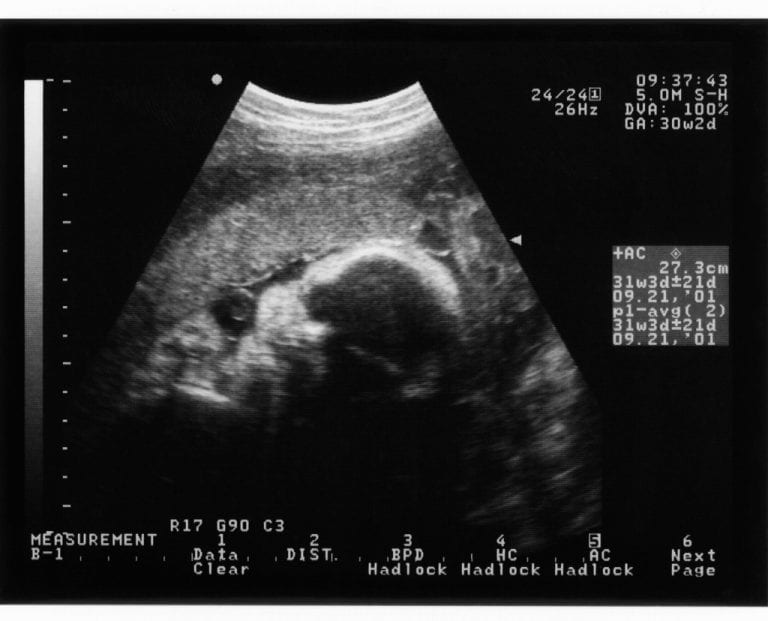One of the scariest things that can happen to you when you are pregnant is to notice some vaginal bleeding or “spotting.” Fortunately, not all bleeding and spotting means that something is wrong; but it is important to know what to do if it happens. A little bit of knowledge can go a long way in easing your fears!
Spotting is typically a small amount of often blood-tinged mucous that you only see when you wipe with tissue after urinating, or you may see a few spots on your underwear. The earliest spotting that you may experience can actually be a sign that the embryo is implanting into the wall of the uterus. Known as implantation bleeding, this often occurs about 2 weeks after you have missed your period. This spotting is very short-lived and should not continue, or get heavier.
Another kind of spotting can happen after you have sex. During your pregnancy the hormones that are keeping the pregnancy moving along also make the cervix very soft. The blood vessels in the cervix become engorged and can bleed easily. So after a romantic night with your partner you may notice a little pink or brown, mucous-like spotting up to 12 hours after the event. This is one of the most common reasons that moms call their practitioners in early pregnancy; but this can occur at any point. If you go to the hospital or call the office to tell them you have some spotting, don’t think they are being nosey for asking you when was the last time you had sex!
Obviously, sometimes bleeding in early pregnancy could be a sign that you might be starting to miscarry the pregnancy. This type of bleeding is bright red and heavier, more like the start of your period or your period itself. A persistent dark brown discharge may also be a sign that something is going on, and any bleeding that is also accompanied by cramping needs further evaluation and you should call your practitioner.
Early pregnancy is an exciting and sometimes scary time; remember that your healthcare provider is used answering these types of questions, so don’t be afraid to call if you are concerned.






Comments are closed.